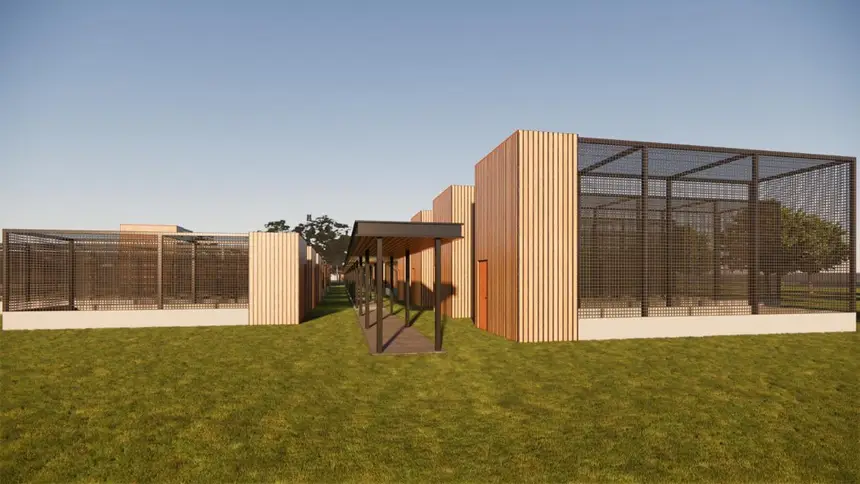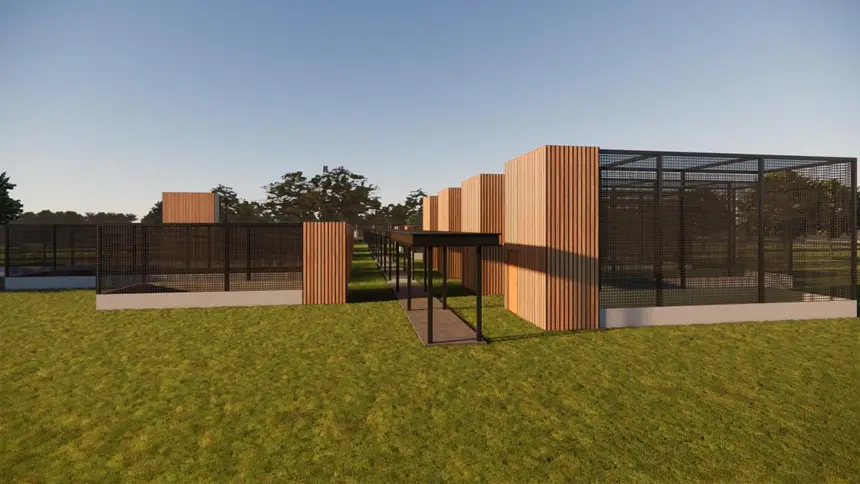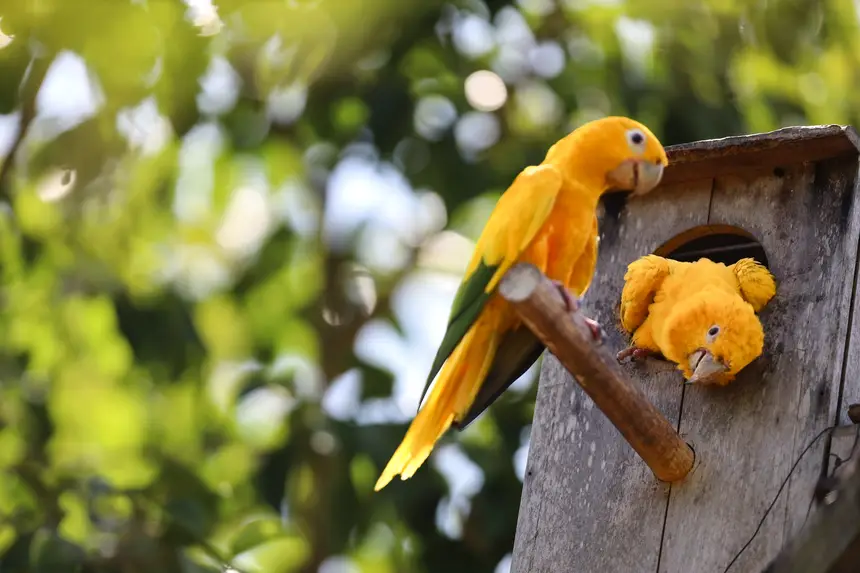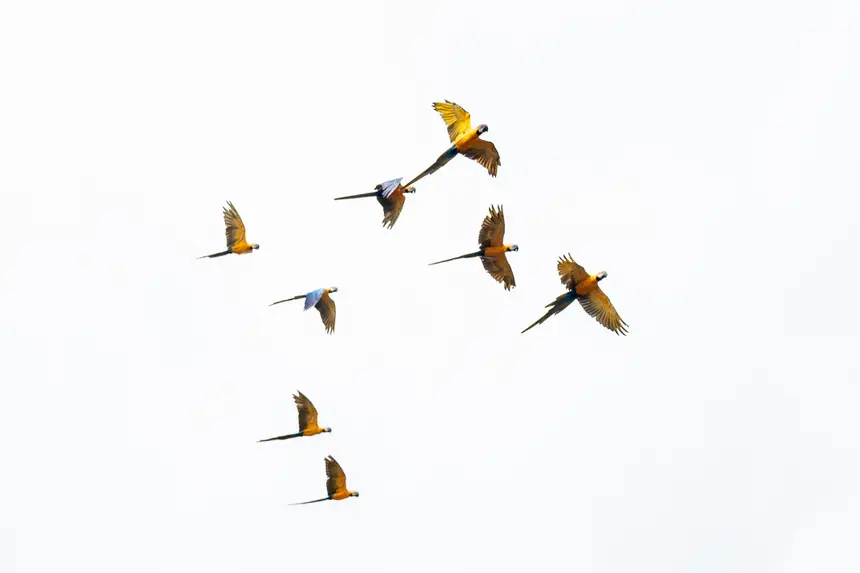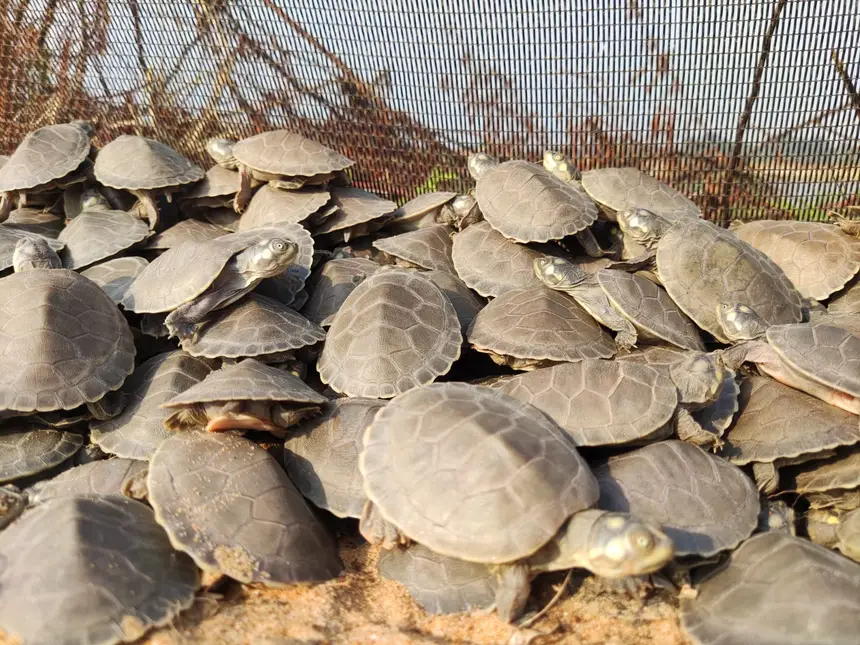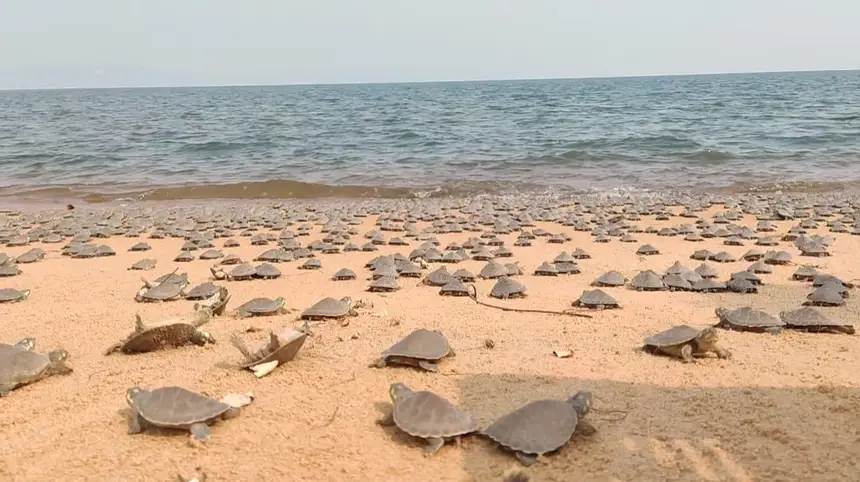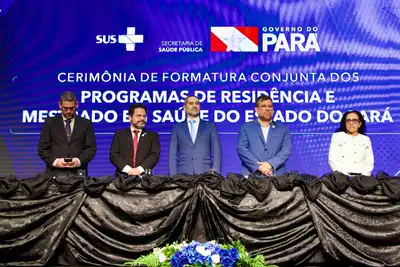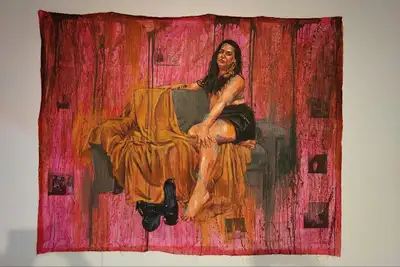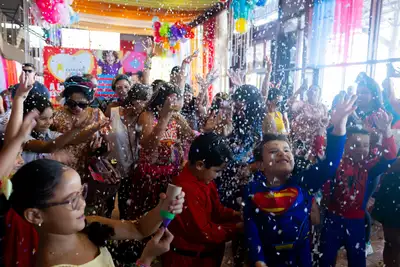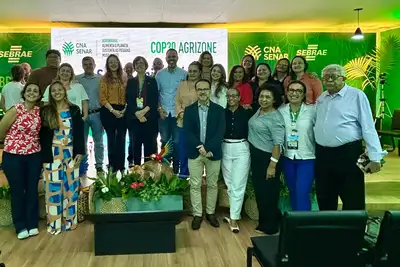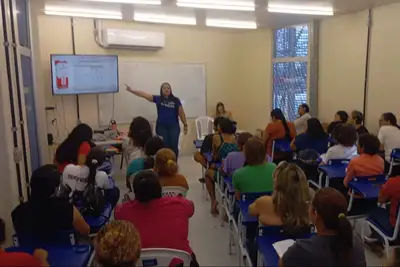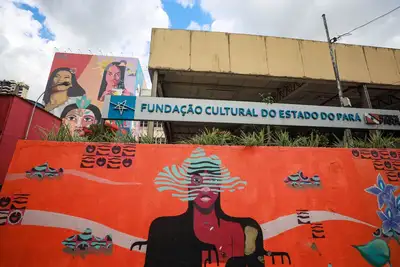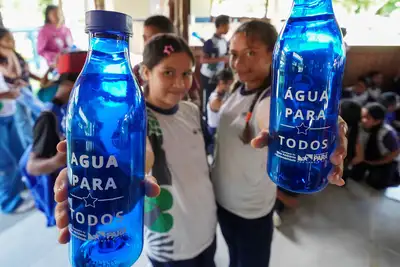The Government of Pará will build the first State Center for Wildlife Rescue and Rehabilitation
The new center will have a modern structure to accommodate the reception, evaluation, treatment, and rehabilitation of wildlife rescued from trafficking, illegal captivity, or accidents.
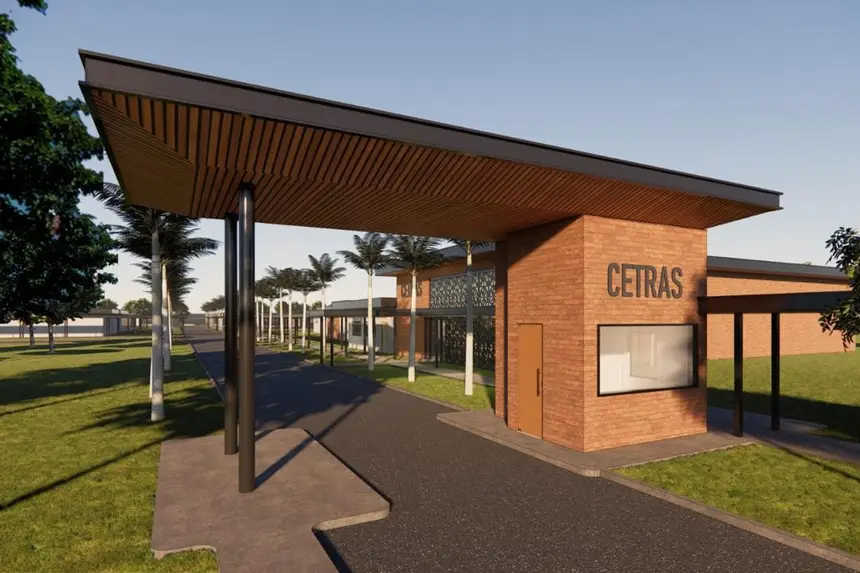
The State of Pará is about to take a historic step in environmental policy with the signing of the Environmental Compensation Commitment Agreement between the Forest Development and Biodiversity Institute (Ideflor-Bio) and the company Hydro. The agreement will enable the construction of the first State Center for Wildlife Rescue and Rehabilitation (Cetras), which will be located in the Metropolitan Wildlife Refuge of the Amazon, in Marituba, in the Metropolitan Region of Belém.
With an estimated investment of R$ 50 million, sourced from the company's environmental compensation funds, the new center will have a modern structure to accommodate the reception, evaluation, treatment, and rehabilitation of wildlife rescued from trafficking, illegal captivity, or accidents. In addition to the construction of the facility, the amount will ensure the acquisition of equipment and the funding of the Cetras maintenance for the next three years.
The expectation is that the new center will strengthen the State's capacity to protect and rehabilitate the Amazonian wildlife, as well as contribute to educational and scientific actions regarding regional biodiversity. The project will be a reference in animal welfare and conservation and will have a multidisciplinary team of veterinarians, biologists, and specialized technicians.
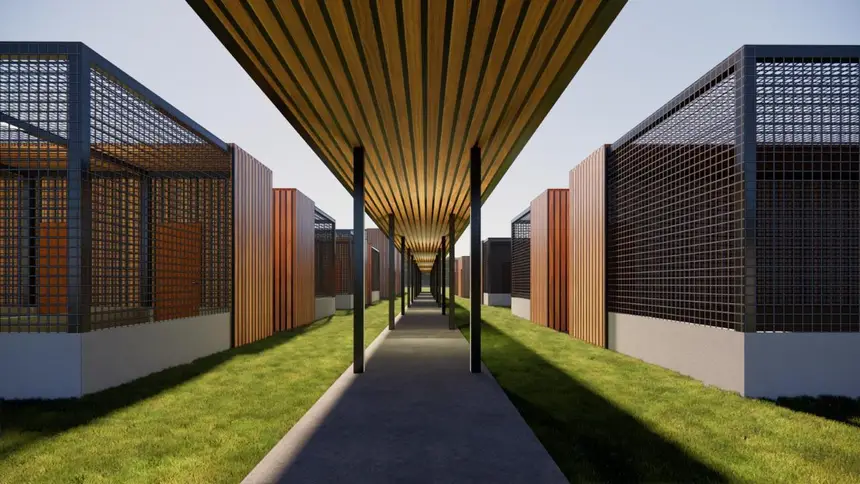
The signing event of the agreement, which will take place this Thursday (5), World Environment Day, at 4 PM, at the Utinga State Park in Belém, will be attended by Governor Helder Barbalho and other state authorities, representatives from Hydro, and the environmental sector.
Advancement - For the president of Ideflor-Bio, Nilson Pinto, the initiative symbolizes a new phase in the relationship between economic development and environmental responsibility in Pará. “We are consolidating a public policy for wildlife protection with a concrete and lasting instrument. The Cetras will be a milestone for Pará and a legacy for future generations,” he stated.
Currently, Pará has few rescue centers under federal management, and the absence of a state unit limits action in the face of the growing demand for rescues and rehabilitation of wildlife. With the creation of the Cetras at the state level, the Government of Pará takes a leading role in building a structured network for wildlife care.
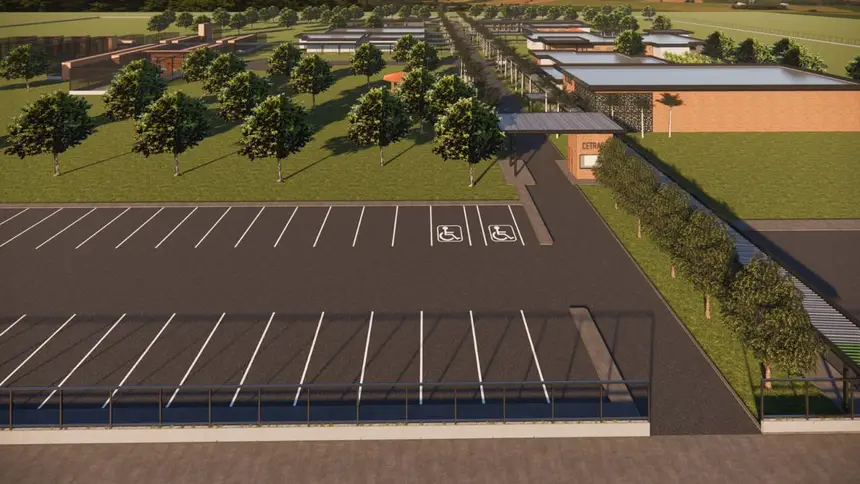
The Metropolitan Wildlife Refuge of the Amazon, which is a Conservation Unit managed by Ideflor-Bio, was chosen as a strategic location to host the Cetras, both for its location and its vocation for environmental conservation. The area will also receive actions to support environmental education and integration with the community, expanding the positive impacts of the project beyond the rehabilitation of animals.


